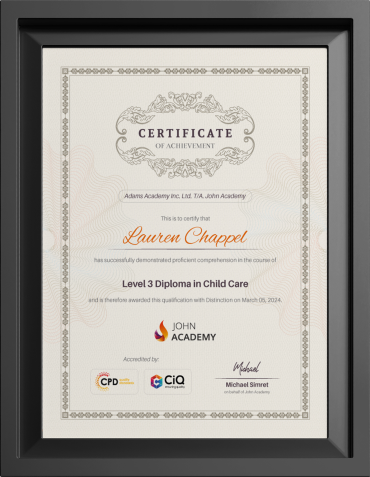
You performed splendidly in middle school, but everything went south in high school. And if you survived that madness, college threw up another curveball.
Students have a lot of expectations on their shoulders, with parents and teachers droning on about how mediocrity has no place. But what if you are trying hard and still not reaching your full potential at your current educational juncture? The problem could be more than not paying attention in class or not revising your notes.
These three habits can be damaging for students, affecting their performance, focus, and confidence. Identifying them in ourselves is a solid step for making a change.
1. Not Managing Time Between Your Studies and Hobbies
Time management is tricky territory, even for adults and working professionals. A Talker Research survey found that entrepreneurs lose almost two hours daily to unproductive tasks. Around 57% of the respondents waste time on distractions. A good 47% of people reported losing hours to procrastination.
As a student, managing time for various daily activities can be difficult. Besides studies, you also need time for hobbies and interests, like a dance class or an evening out with friends. Unless you start active scheduling, social and pop-culture activities can eat into the time you must devote to assignments.
At the risk of sounding patronising, screen time is another deterrent for time management. It manifests in many ways, from video games to social media. Pew Research recently found that 85% of teens in the US play video games, many playing several times daily. Where the shoe pinches is its impact on your life, potentially affecting sleep, mental health, and physical activity.
In fact, it has recently come to light that being obsessed with video games may be something you do subconsciously. Proceedings around the video game addiction lawsuit reveal how gaming companies don’t warn users about the side effects. Call it psychological manipulation or the thrill of impulse buying in-game goodies. The pursuit can be far more engaging than homework.
When you are addicted to spending time on your phone, tablet, or console, you may skip classes to play. TorHoerman Law observes that it becomes a factor in declining grades and impacts career prospects.
2. Not Exploring Other Learning Avenues for Your Course
In today’s interconnected world, doing the bare minimum as a student isn’t enough. Your course may have a defined list of recommended reading material and assessments you must hand in to pass. However, staying limited to these assigned tasks can be a mistake.
With the rise of online learning, students can access extra material to cement their course understanding. Career bundles and online certifications help prepare you for the job market.
For example, learning about the fundamentals of project management can help you in business school. A foreign language or Microsoft Office Suite course can benefit students from all backgrounds.
Recently, McKinsey conducted a survey to assess the benefits of online courses for students. Flexibility and convenience topped the list. Most students value timely, structured content with relevant faculty. Here again, discipline and motivation will be necessary to make the most of what’s available.
Further reading, industry-related webinars, and interactions with fellow learners can be invaluable. Students who don’t persevere to walk the extra mile may experience a disadvantage in their careers.
3. Not Caring for Your Physical and Mental Health
Student life can be enjoyable and memorable. But can we deny it is tiring and overwhelming at times? Failing to engage in self-care and not tracking your overall health will prevent you from living your best life.
Generally, students are notorious for consuming more fast food and items laden with salt, sugar, and saturated fats. Alcohol is another culprit: your body may veer toward salty foods in your hungover, sleep-deprived state the next day.
An insightful BBC feature assesses why students have poor eating and drinking habits. It could be partly due to the newfound independence. Moving away from home can trigger the consumption of more unhealthy snacks. You’ll not be coerced into eating fruits and vegetables, so you may skip them.
Mental wellness is another challenge for present-day students. Phenomena like cyberbullying and body shaming don’t bode well for your state of mind. Highly sensitive people may be at greater risk of developing mood disorders and anxiety – conditions that affect much more than your grades.
Finally, getting enough exercise is also a problem for students. You may spend your leisure time on social media or other screen-based activities. Over time, a lack of exercise can cause annoying health issues like backache, gastrointestinal problems, and obesity.
Are you struggling with one of these detrimental habits? Addressing them can start with something as simple as making a timetable for studies and hobbies. You can check with your tutors and counsellors to sign up for seminars and events that discuss the larger picture. You could also start meal prepping by making simple snack boxes of fruits, nuts, and protein bars.
Let’s not have our precious student days get lost in toxic habits that shape the rest of our lives. Beyond grades, you will see positive changes in your health, mental state, and general outlook on the future.


